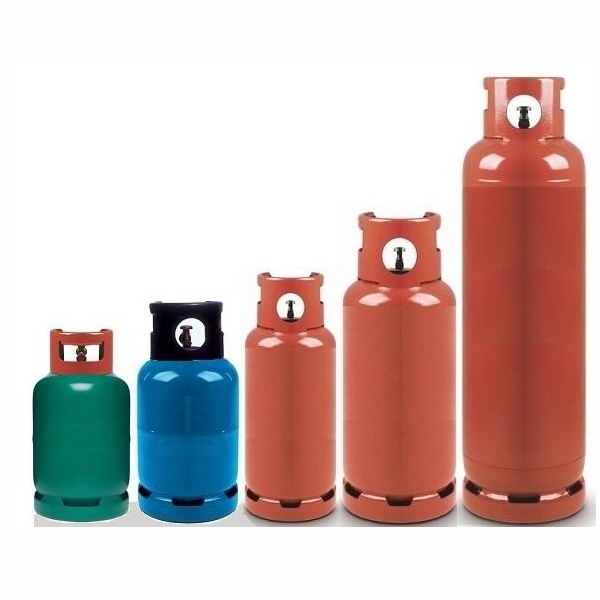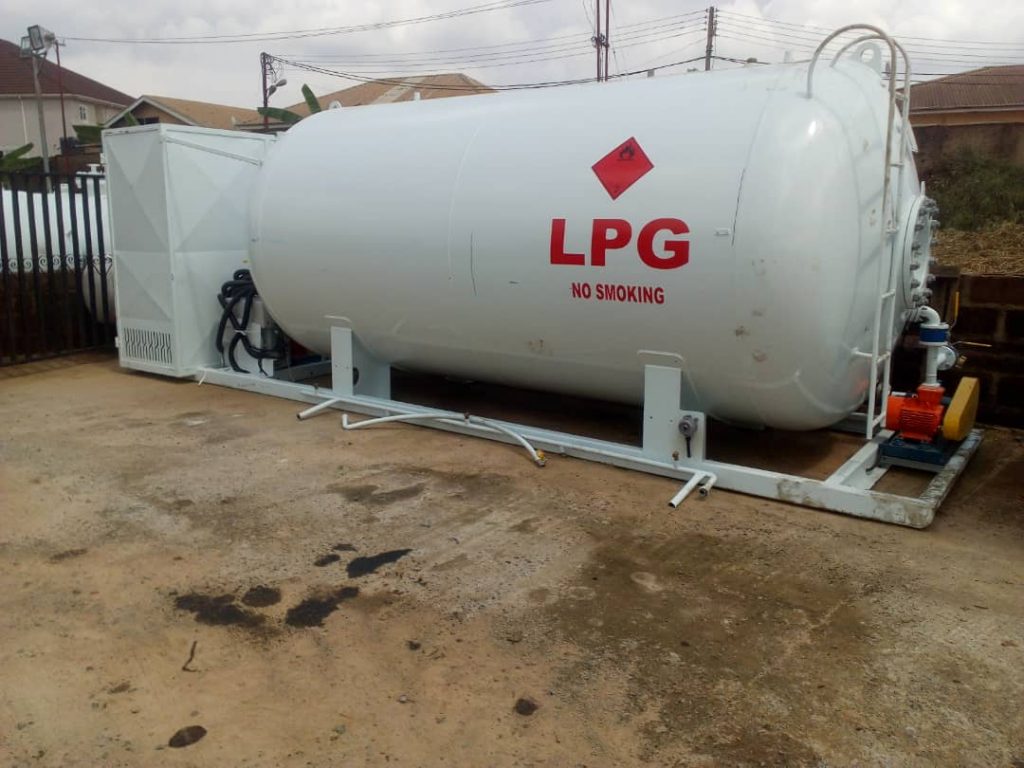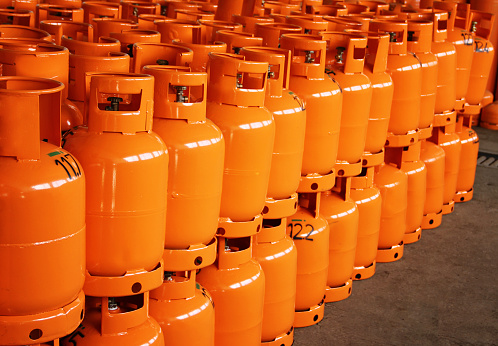*Investment withers and 2018 losses estimated to be in the hundreds of billions (NGN)
Research from the office of Vice President Yemi Osinbajo indicated that the power sector was beset by significant setbacks in 2018 due to an insufficient gas supply. These setbacks amount to N519 billion amidst dilapidated distribution and transmission infrastructure.
Research also shows that: “On December 29, 2018, average energy sent out was 3,510 MWH/Hour (down by 728.04 MWH/Hour from the previous day). 1,960 MW was not generated due to unavailability of gas. 0 MW was not generated due to unavailability of transmission infrastructure, while 558.1 MW was not generated due to high frequency resulting from the unavailability of distribution infrastructure.”
These include lack of liquidity that hampers operations. Another challenge is energy theft which culminates in leakages and losses.” These events propelled the President of the Nigerian Gas Association, NGA, and Managing Director, Oando Gas & Power Limited, Mr. Bolaji Osunsanya, to call on the Federal Government to increase gas prices, stating that the country is losing an estimated $55 billion, about N11 trillion worth of investment due to its refusal to hike gas prices.
Mr. Osunsanya said to Bloomberg Television that Nigeria has to raise gas prices to attract an estimated $55 billion of investment. These investments will support exploration and production activities, infrastructure and satisfy local demand. The Federal Government had increased the price of gas for sale to power companies from $0.5 cents per 1000 cubic feet to $1 in 2010, to $1.50 in 2011, then to $2 by 2013 and finally to $2.5 per 1,000 cubic feet in 2014.
At the time the Federal Government had described the increase as a practical and temporary approach to address the issue of inadequate gas supply to thermal generation plants across the country. However, gas producing companies have been calling for the additional increase in the price to about $7, in line with the international price for the commodity. Pipeline vandalism has also contributed to wariness on price manipulation by the federal government.




